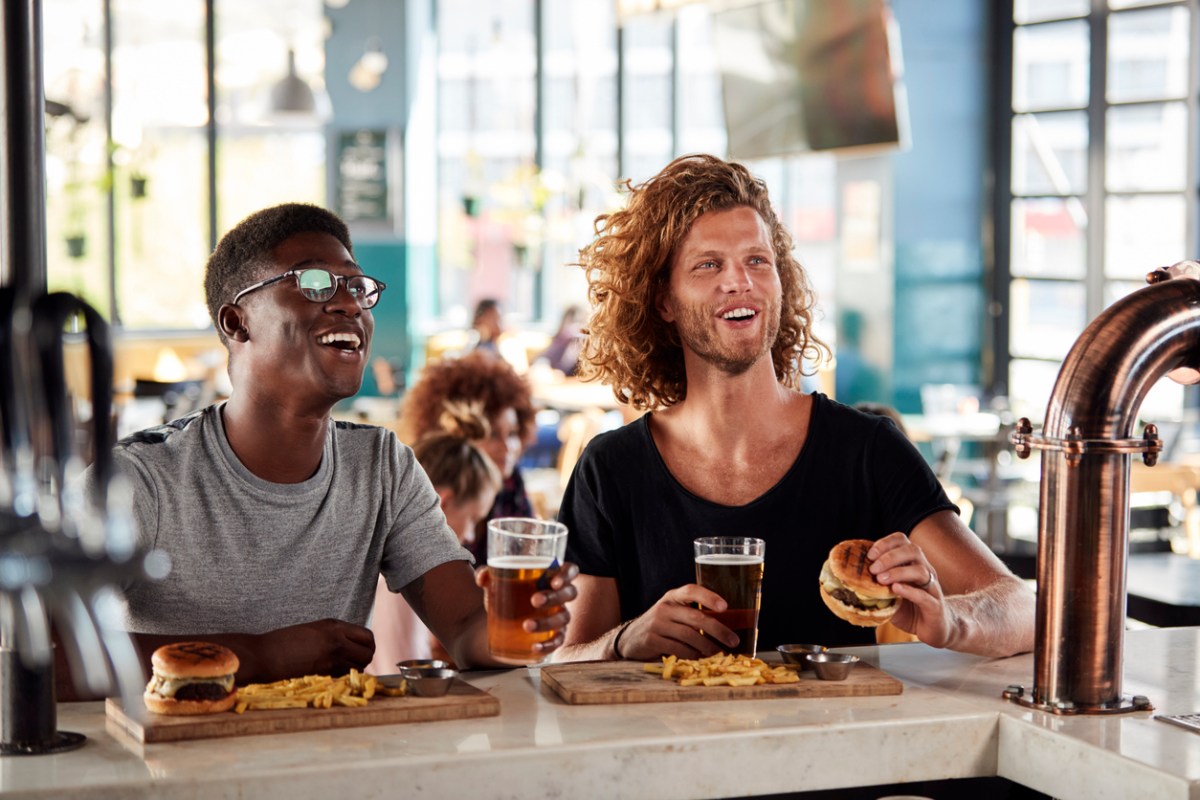By Tom Graham, NIQ
Over recent years, the liquor industry in Australia has faced significant challenges. From the impacts of the pandemic to rising cost-of-living pressures and shifting consumer habits around moderation and sustainability, pubs and bars have seen big changes in consumer behaviour. For pub owners and operators, understanding these trends and how to navigate them is essential.
One of the biggest changes has been the decline in on-premise (in-pub/bar/restaurant) visits following a post-pandemic revenge spending period. Rising living costs have led consumers to spend more time at home, cutting down on how often they go out. According to CGA’s Pulse+ report, on-premise consumer penetration (proportion of visitors in a month period) dropped by two percentage points in July compared to the previous year, and 39 per cent of people say they are going out less. This has particularly impacted sales of spirits in the on premise, which saw a -7.7 per cent drop in total volume, compared to a small 1.4 per cent growth in beer sales over the last 52 weeks.
Demographic breakdown
The challenge for pub owners is clear: fewer people are coming through the doors, and those who do may be more price-conscious, particularly when it comes to spirits. However, all is not lost. Some consumers, especially younger ones (18-34), are still prioritising on-premise occasions. They tend to go out for experiential reasons like celebrations, live sports, or music events. These experience-driven events have increased in share, rising from 33% to 38% of all occasions (driven by those under 35). Pubs and bars that can cater to these types of experiences may have an edge in keeping these customers.
For older demographics, though, the picture is different. People aged 35-54, who are more likely dealing with mortgages and family responsibilities, are cutting back the most on their visit frequency (48 per cent visiting less often than usual). Meanwhile, the 55+ group, already ambivalent to on premise visits, are showing the strongest growth in off-premise liquor sales, spending more on drinking at home.
This shift to at-home drinking presents both challenges and opportunities. While among the whole liquor shopper universe, total unit sales in liquor stores have been stable, value has grown (driven by price rises). Reading between the lines, we know shoppers are buying more frequently but in smaller pack sizes, indicating a move towards occasion-based purchasing. Beer has benefitted the most from this shift, seeing significant growth in value due to both shoppers entering the beer category and existing category buyers buying more.
For pub owners and managers, these trends offer some direction. To attract younger customers, it’s essential to focus on offering unique, experience-driven occasions. Events, live sports, and a strong atmosphere may draw these groups in, even when budgets are tight. At the same time, understanding that older consumers may be more inclined to stay home could shape promotions or loyalty programs aimed at enticing them back into venues.
As the market continues to evolve, having access to comprehensive data, like NIQ’s Full View of Liquor, can help businesses stay ahead of these shifts. With the ability to measure both on- and off-premise behaviours, pub owners can better understand their customers and adapt to changing trends.
This piece was first published in the October issue of Australian Hotelier, which you can view below.

